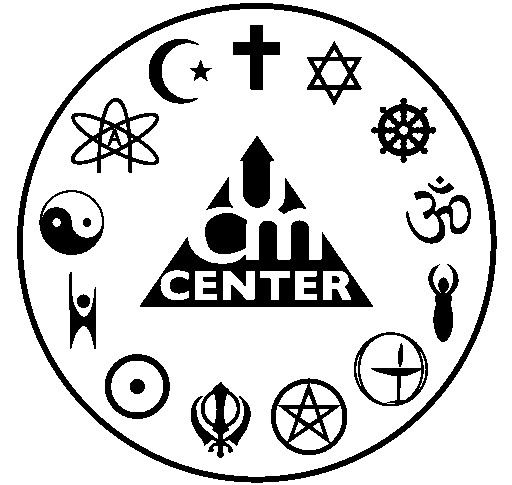From time to time, usually at their invitation, I sit down with representatives of one of our supporting denominations, to tell them about us and to answer their questions. And almost inevitably, one of them will ask me, “How much of your programming would you say is for social justice?”
This is, on its face, a pretty simple question. But it brings me up short, because I’m pretty sure it’s usually meant to locate this campus ministry on the left-right political spectrum, and probably to place us on the left. Sometimes it can feel like a trap, and I don’t like feeling trapped.
I also wonder at my resistance to this. After all, we do a lot of “social justice programming,” and we embrace a lot of causes–like peace, economic justice, anti-racism, anti-heterosexism, and stewardship of the environment–that are commonly considered calling cards of the political Left. Why not claim the label?
Here’s what I’m afraid of. If I say, “90 percent of our programming is oriented toward social justice,” the group I’m talking to will slap the “lefty” label on us, put us in that box, and that will be that. All of their deliberations about supporting and funding our ministry will be based not on what we do, not on the transformations that happen in students who participate in our programs, but on this group’s assignment to us of a particular political identity. And that would be a disservice to the ministry we do. I want them not to know us by label, but to really understand us.
What we do here is based deeply on the Gospel message. And when I say “gospel” I mean the Christian message, AND the Buddhist message and the Jewish message and the Muslim message and the humanist message, and the message of any faith community or tradition that calls us to orient not toward our desires or aspirations, but toward each other. I mean the Gospel message that calls the privileged among us to concern themselves with those who lack, and calls the oppressed to call society to account for their suffering, to insist on their own humanity.
Is programming that proclaims, in the face of war, the value of peace “social justice programming”? What about proclaiming economic justice in the context of a widening gap between rich and poor? What about racial equality? Or fair legal treatment regardless of sexual orientation? What about service to vulnerable populations” And does spiritual growth arise out of this kind of orientation toward each other, or can it be separated out into its own set of programs? These are the questions I asked of the committee. Not to guide them toward a definitive answer (I didn’t have one), but because I believe that the process of faith requires that we grapple with the incongruities of our context, that we train ourselves to ask (in whatever terms best suit us) “how is God moving in all this?” I believe people who grapple this way inevitably grow in faith–and that’s a Gospel message we could all stand to hear.
-Evan Young
